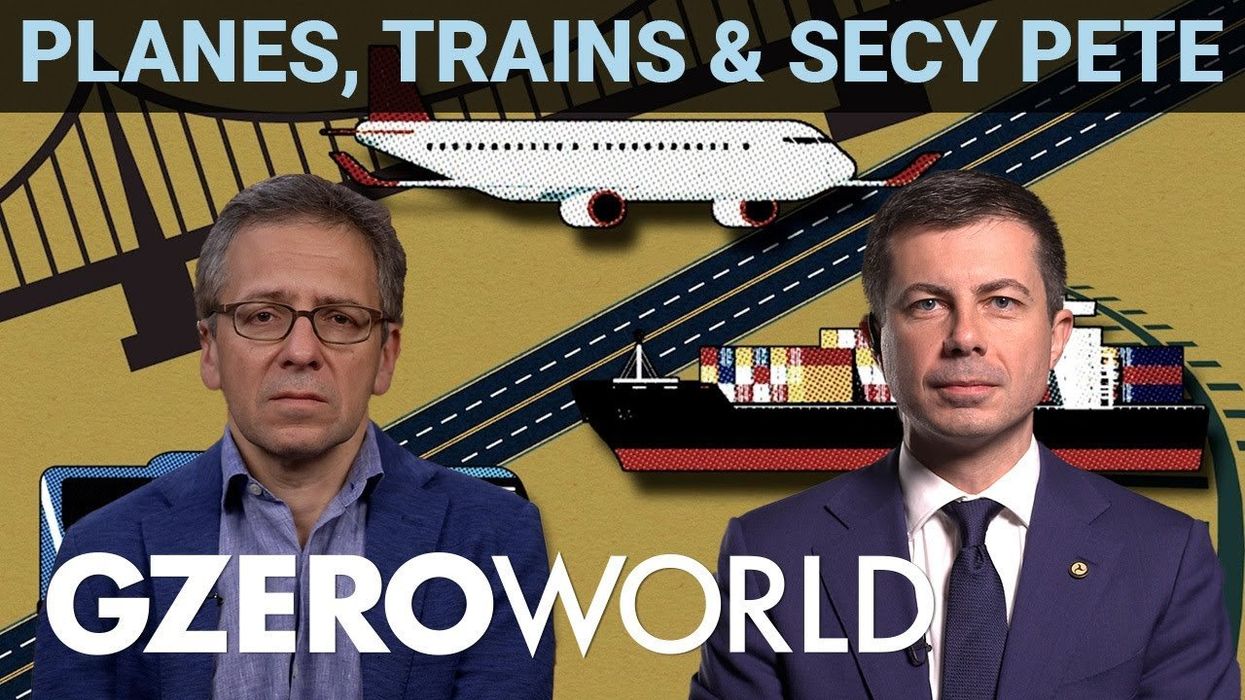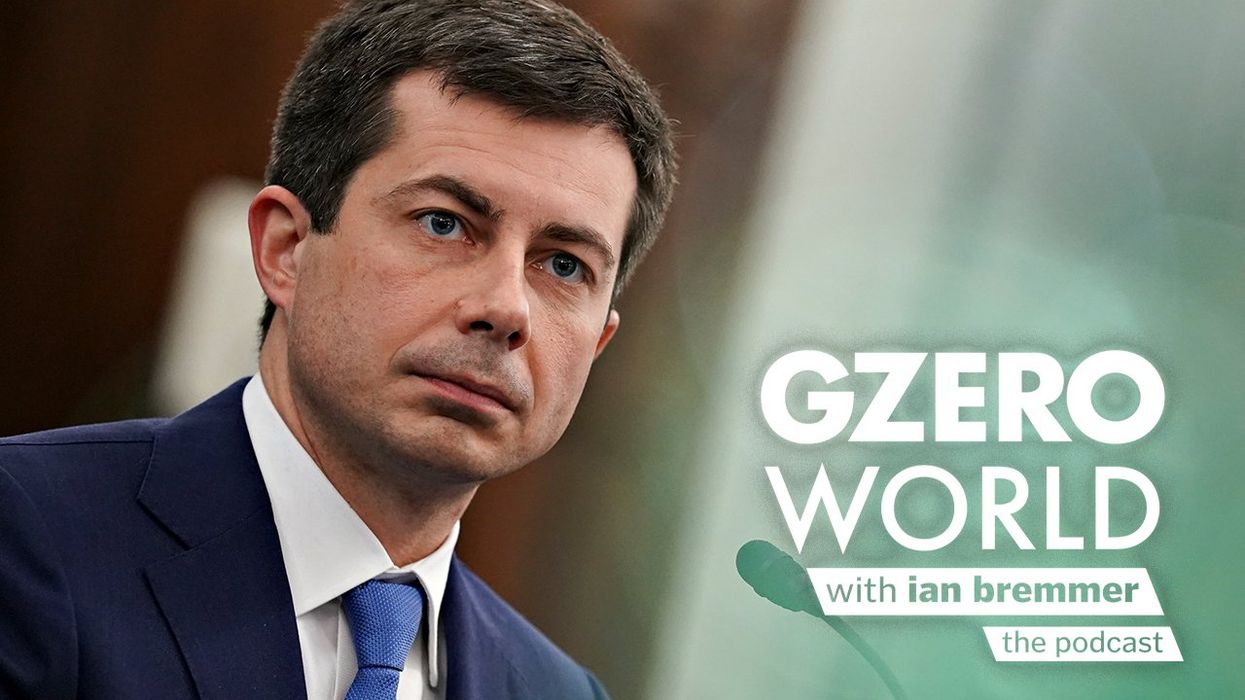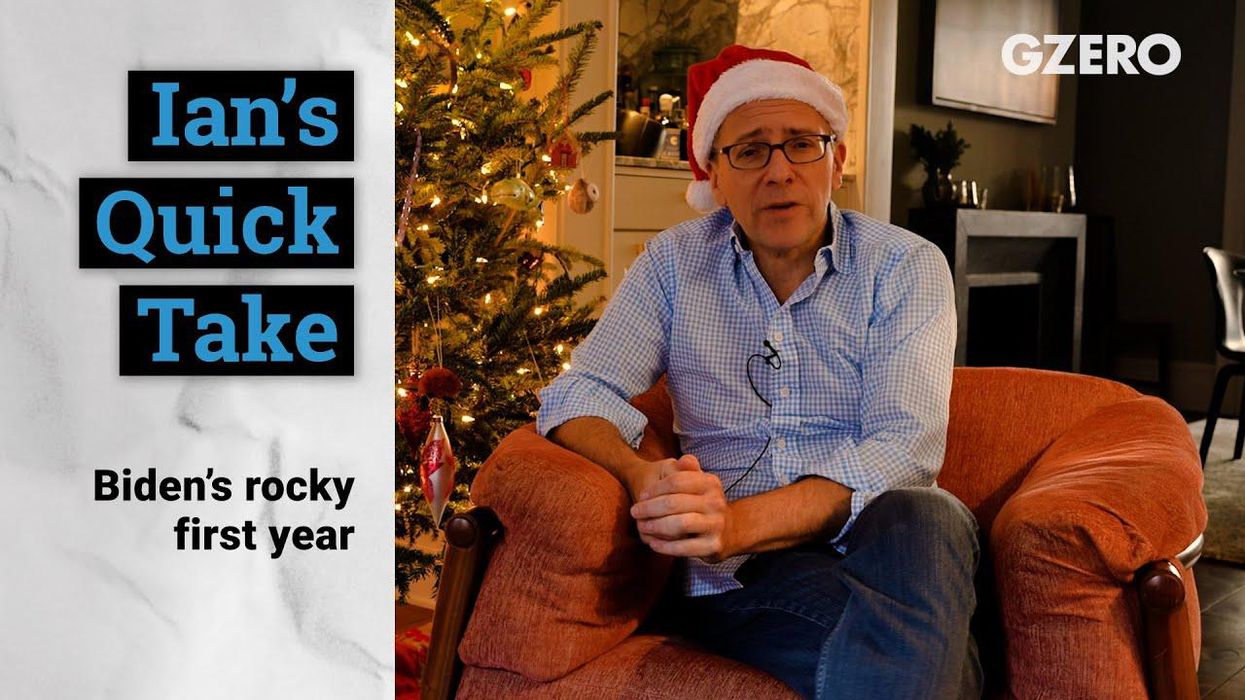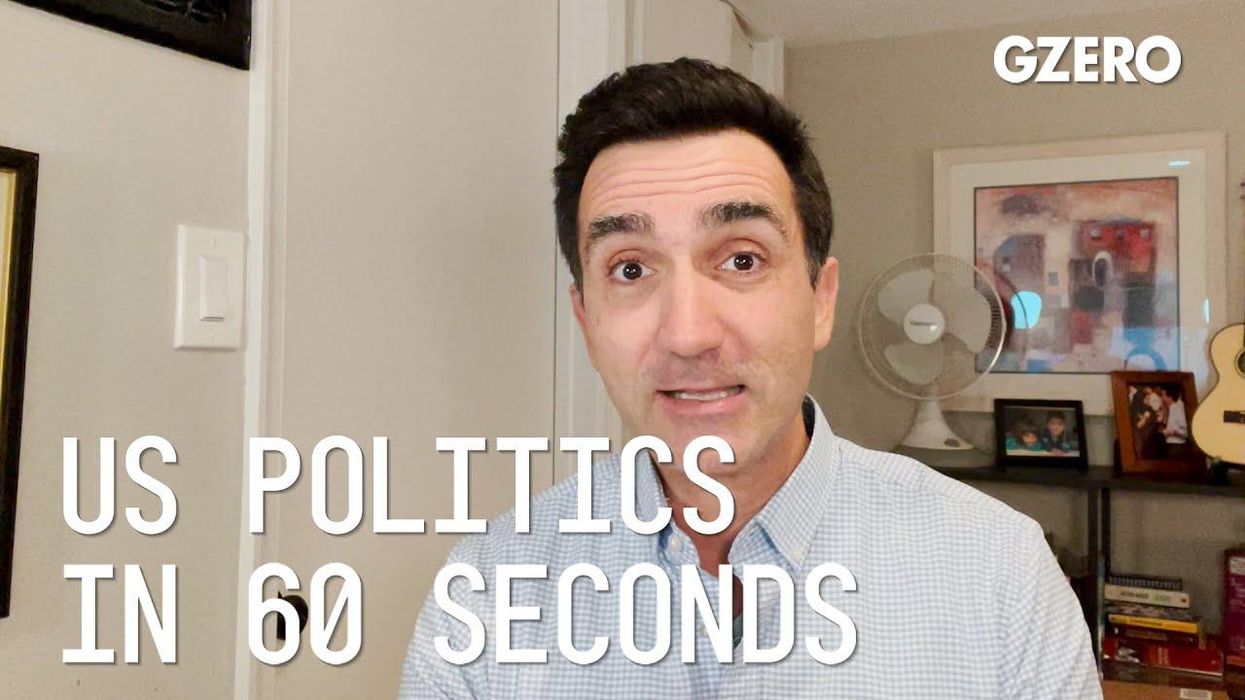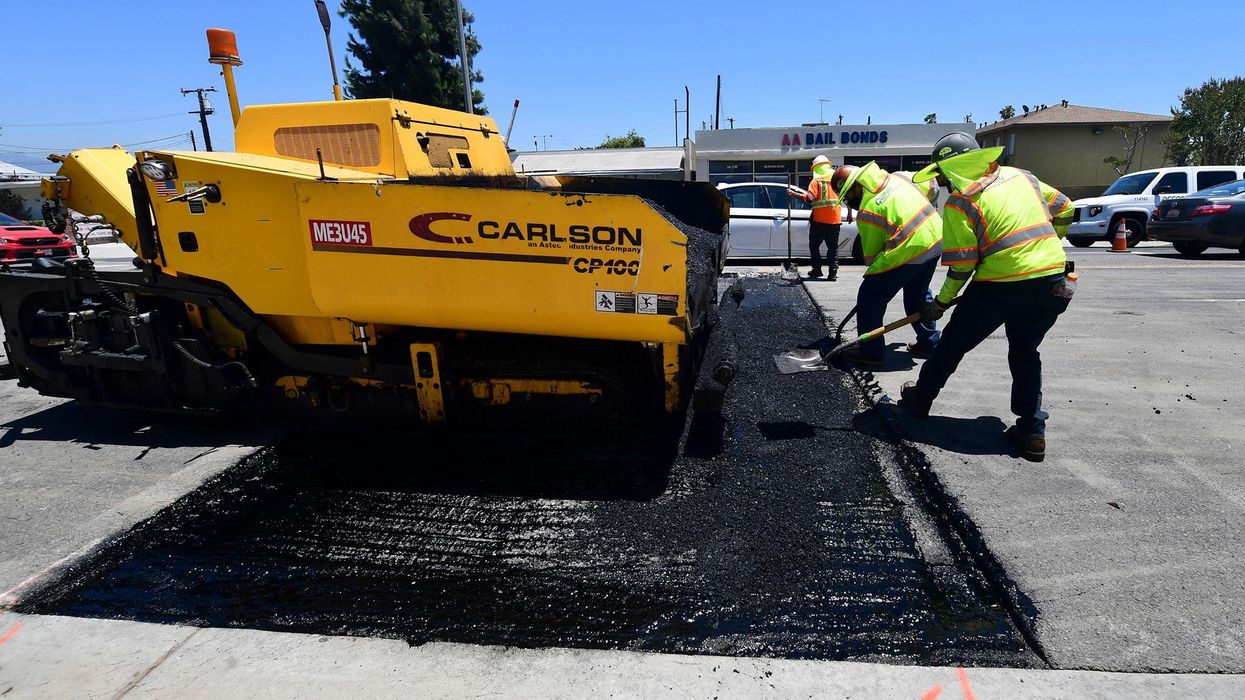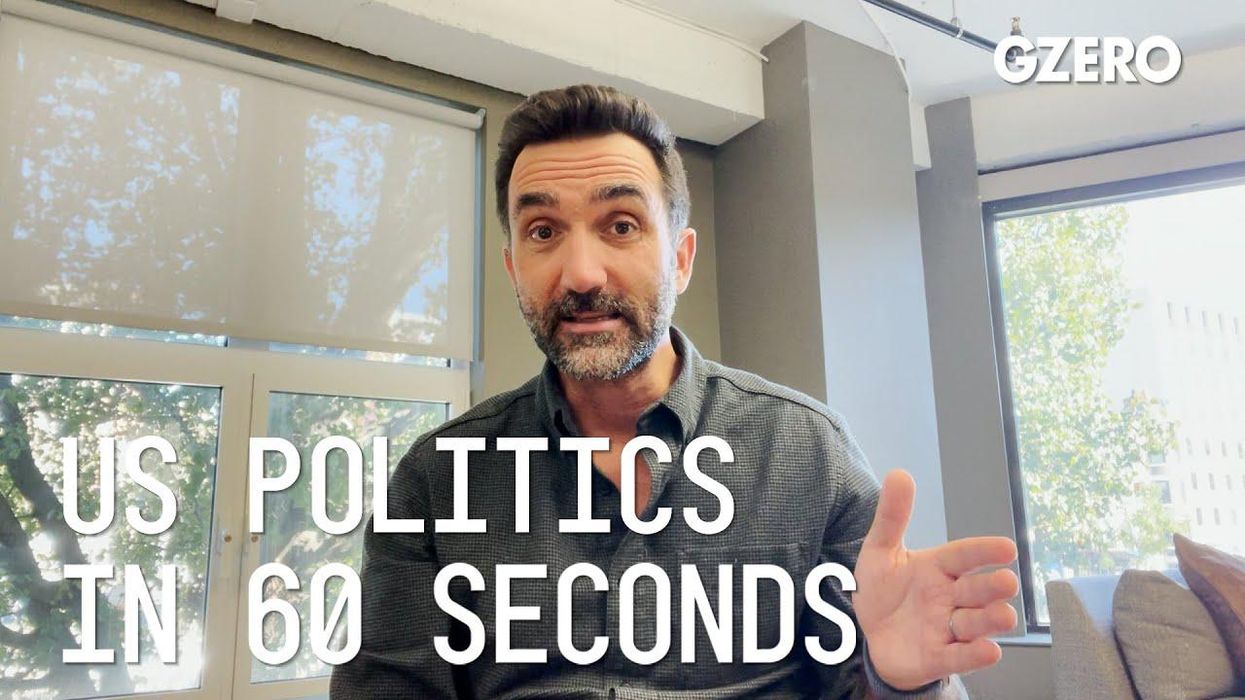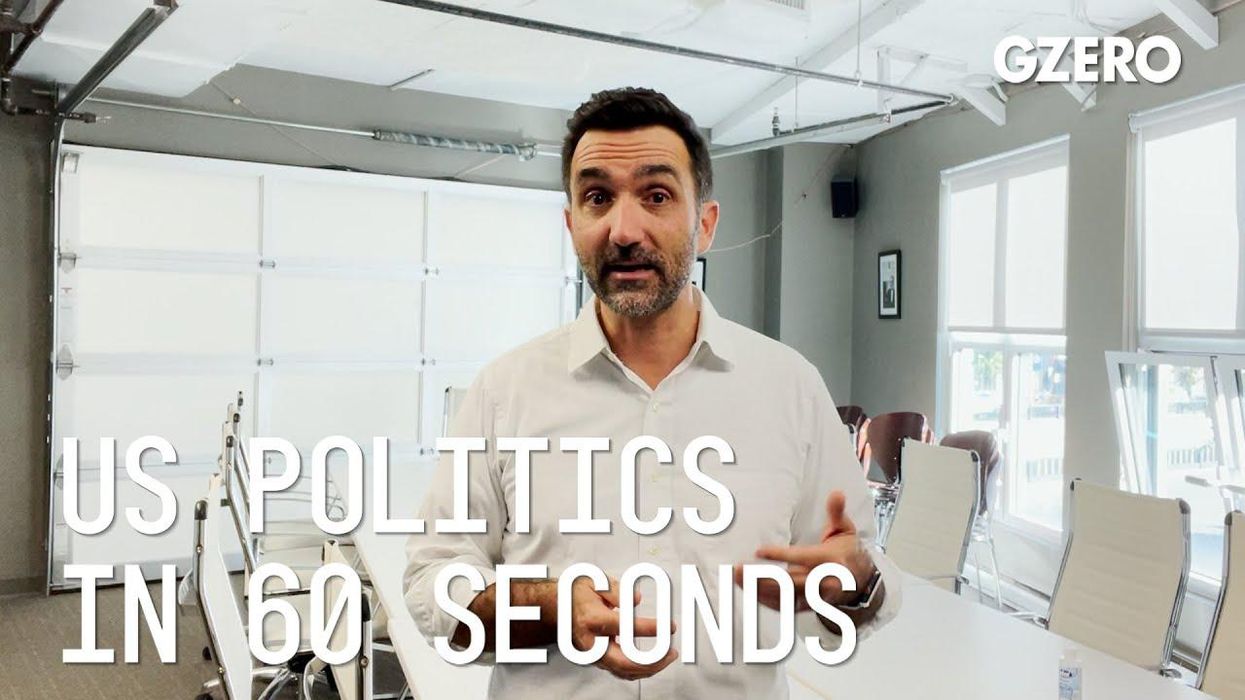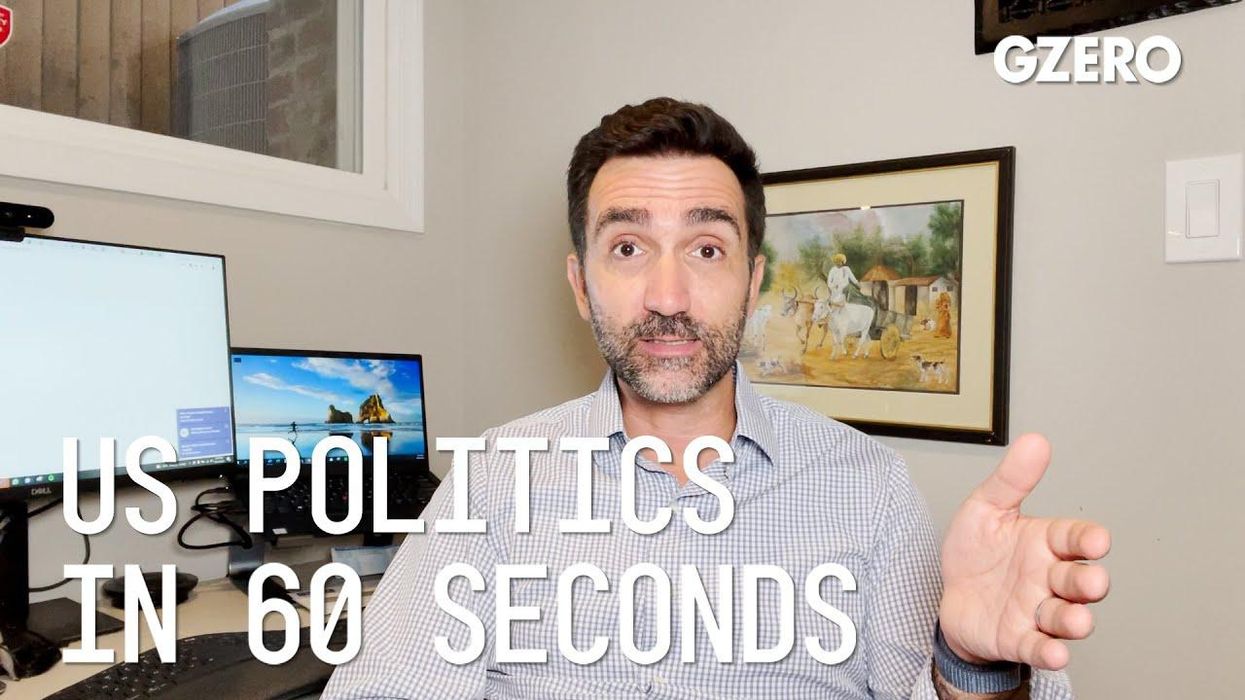GZERO World Clips
Ian Explains: Will US infrastructure finally be fixed?
The truth is that bridges in America fall down all the time, Ian Bremmer explains on GZERO World. A 2022 report found that 43,000 US bridges are QUOTE “structurally deficient.” Things may be starting to change. On November 6, 2021, Congress passed the Biden administration’s $1.2 trillion dollar infrastructure bill, which includes $550 billion dollars for America’s roads, bridges, mass transit, rail, airports, and ports.
May 23, 2023

